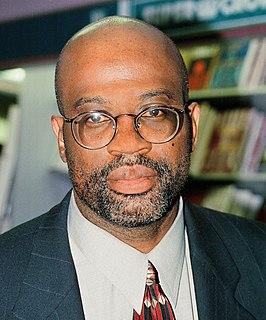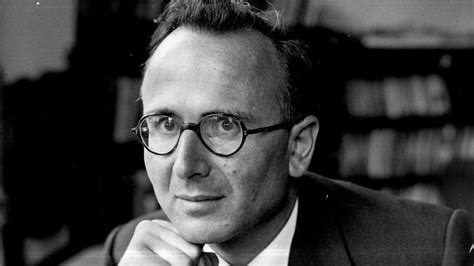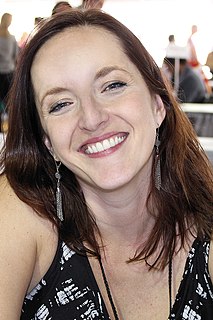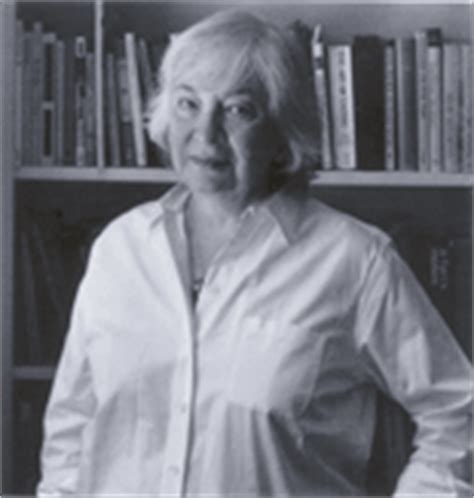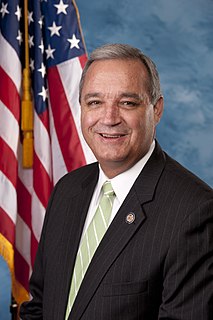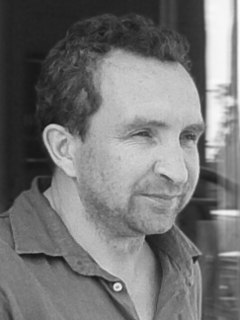A Quote by Christopher Darden
I did not think that I was angry, but clearly anger was reflected in my writing. I did not think that I had been affected emotionally, but it was clear from my writing that I was still very emotional about the trial some six months after it ended.
Related Quotes
I've been writing music since I was about eight. I would write sporadically. I wrote a lot of music in high school. I guess the oldest song on the record ("I Thought I Saw Your Face") is about eight years old. It's the old "I had my whole life to write my first album and six months to write the second one." I did, to some degree, but actually, a lot of the songs that ended up on the record, I wrote really recently. So it varies.
It would have been cruel in Miss Havisham, horribly cruel, to practise on the susceptibility of a poor boy, and to torture me through all these years with a vain hope and an idle pursuit, if she had reflected on the gravity of what she did. But I think she did not. I think that in the endurance of her own trial, she forgot mine, Estella.
I never wanted to write about Bulgaria. When I was still living there I did my absolute best to never write a story with a Bulgarian character with a Bulgarian name, and only after I came to the US and I was far away and missing it a great deal did I realize that writing about could be my way of returning back home. I think it was only through my writing that I fell in love with the country and with the history.
When we worked at the pottery, we did learn to make pots, that is, the physical act of making the pot. We learned to control clay, to put it where you want it and not just wherever it wanted to go, and that was valuable. At the end of about six months, though, I think if that was all we had, we may have been inclined to leave because the workshop did not challenge us so much as living with [Bernard] Leach did.
I don't like to think in terms of writing ten or twelve pages a day. Usually I'm writing a scene, and it's always with the idea, "I wonder what is going to happen." Or sometimes I write about something that affected me emotionally the day before and that I don't want to lose. I'm very unorganized at first; but finally it comes into a structure where consciously I'm working on a novel per se.
I grew up writing. It was very natural in my household. My father was a poet, and his mother had been a novelist back in Hungary. I don't think I really thought about it being my career until high school, which is still pretty early, but it was a while there of just assuming this was something everyone did all day long.
I had never understood quite so clearly the effective power of Jane Jacob's writing - no, her clear-headed observation - as I did reading “What We See”. Maybe that's really the point of writing. That if you take the time to look, to really observe, then you see what is happening, and, with the clarity of that vision, you can act to save neighborhoods.
I was in a very deep state of shock after that. I had raised my horse since he was six months old and he was more like a child to me, so I took it very hard. They never caught who did it and the stable did a great job of covering facts up so it couldn't be proved that it was the direct result of the article, but the coincidence was striking.
I was approached to do something for seven years, and it was a quality project. I did seriously think about it, but I didn't want to be away for six months of the year. I've never done the L.A. thing where you go and have loads of meetings; I can't say to my wife, 'I'm going to wait by a pool for six months.'
